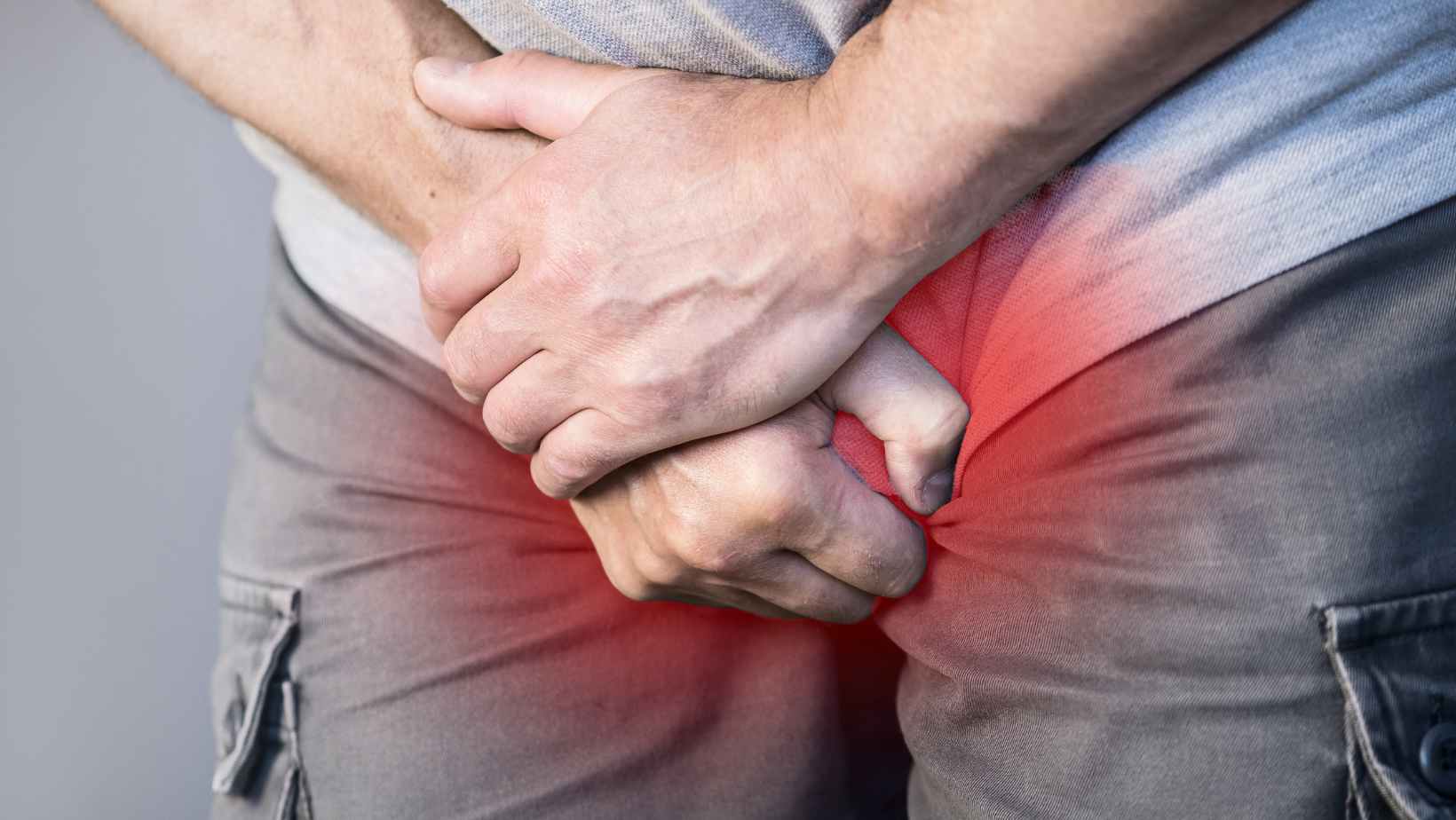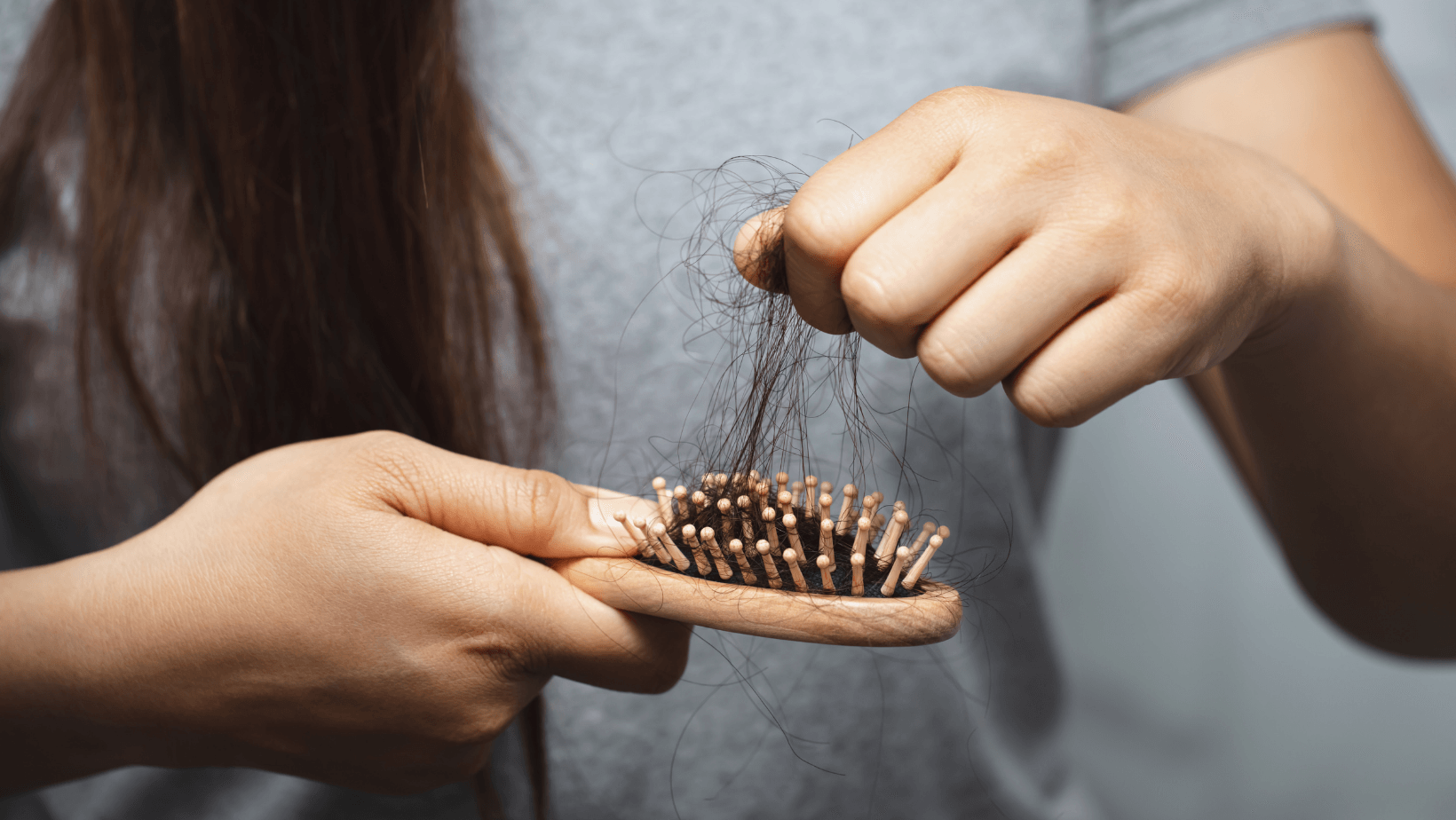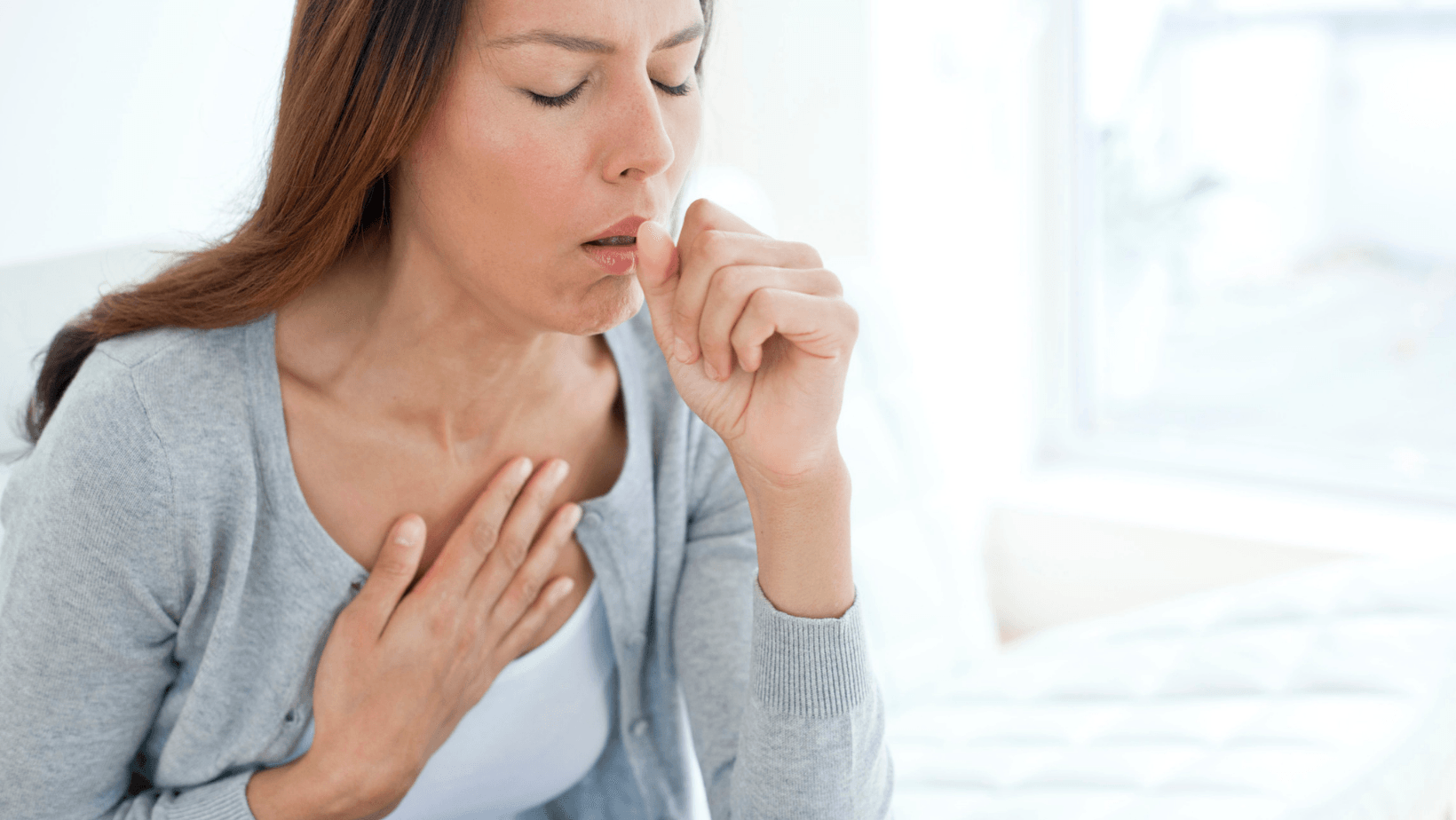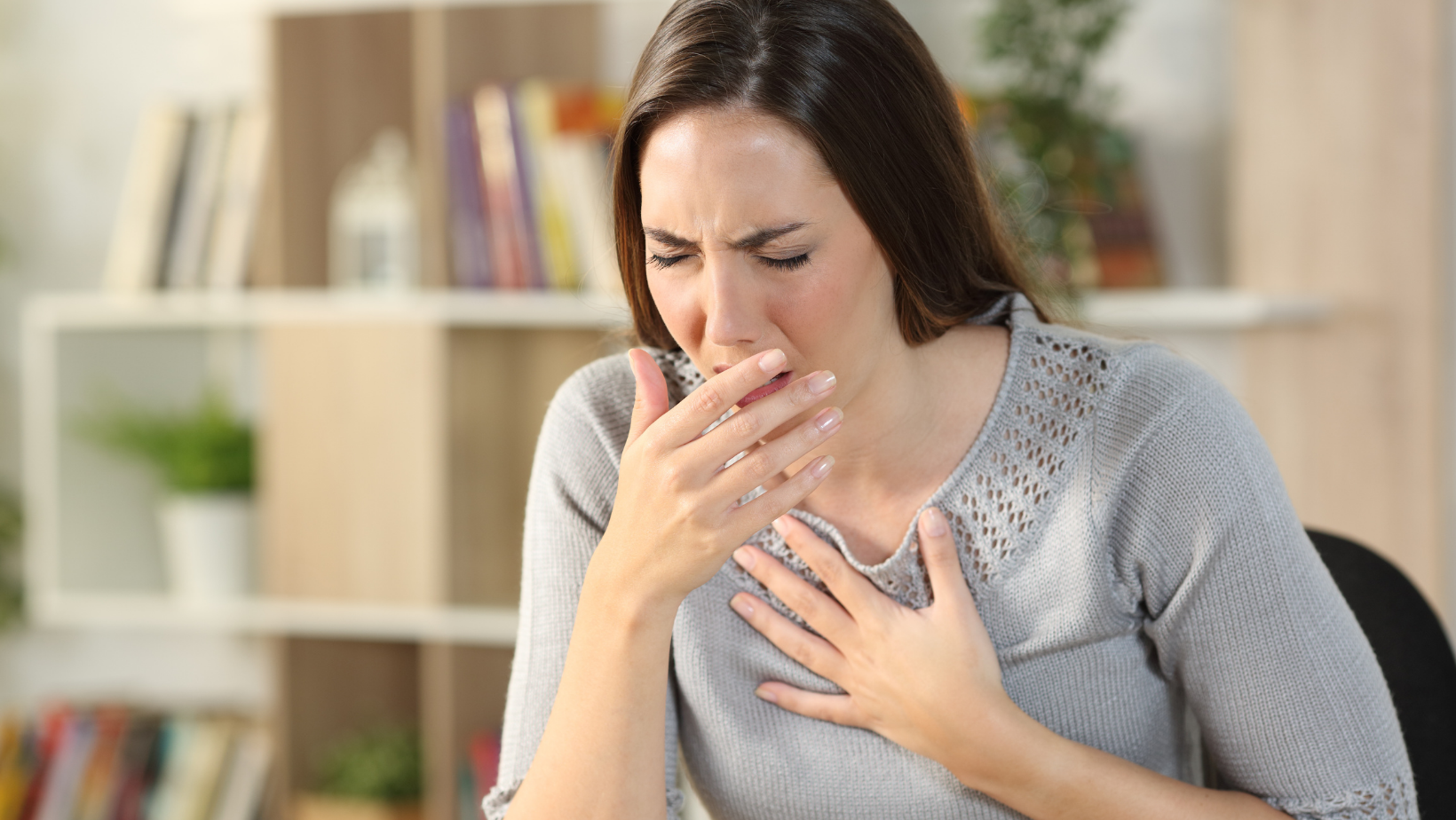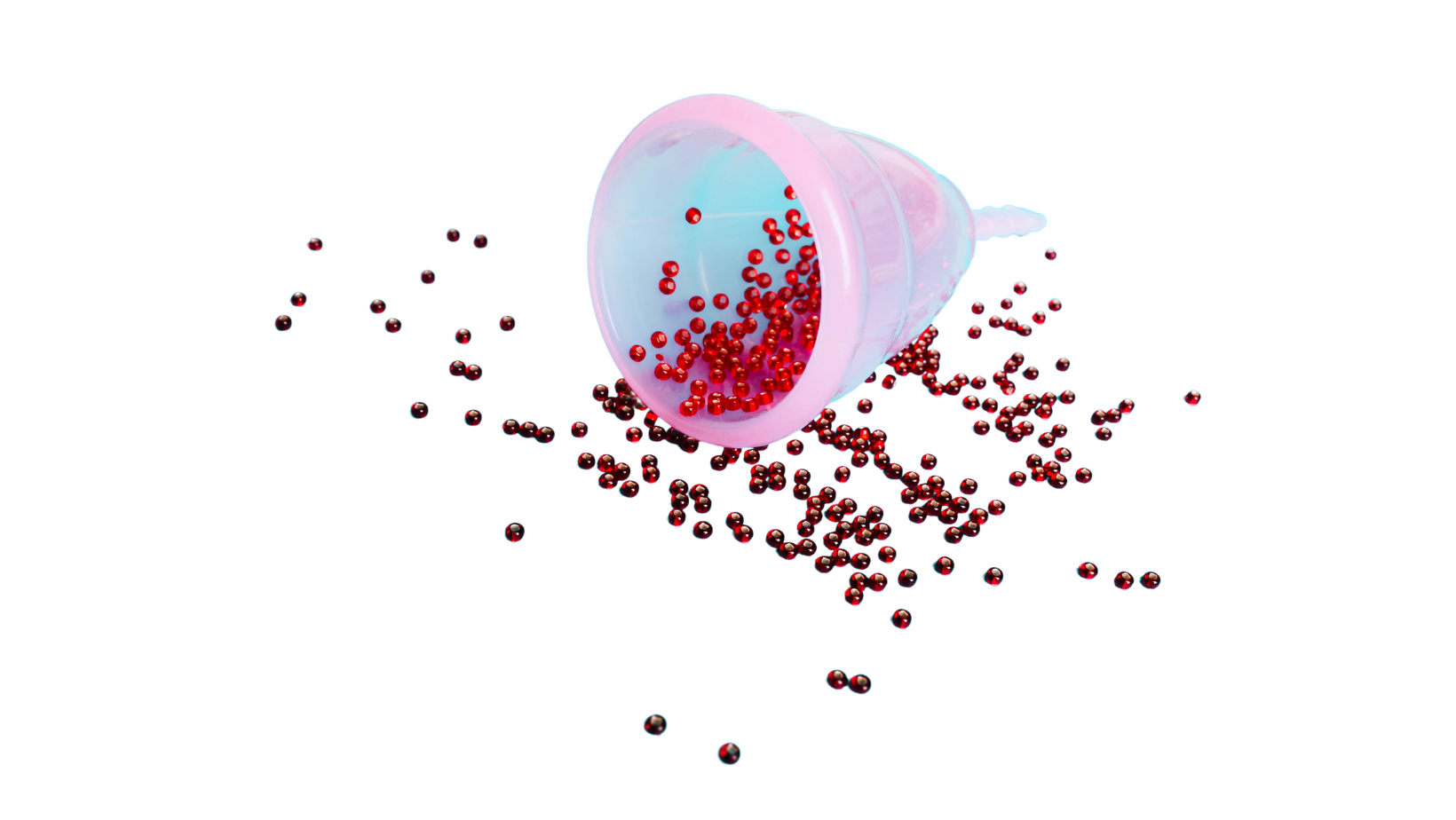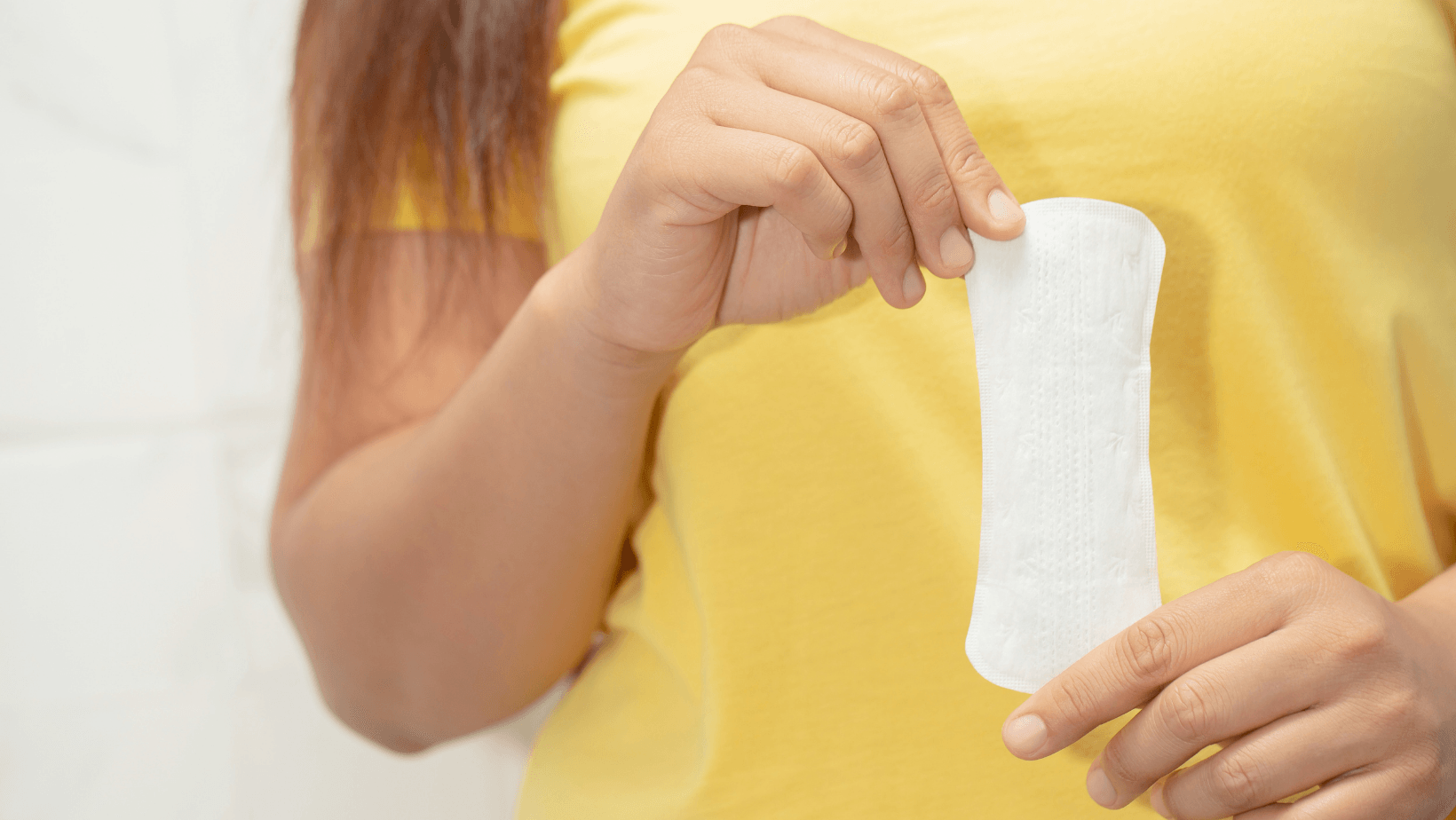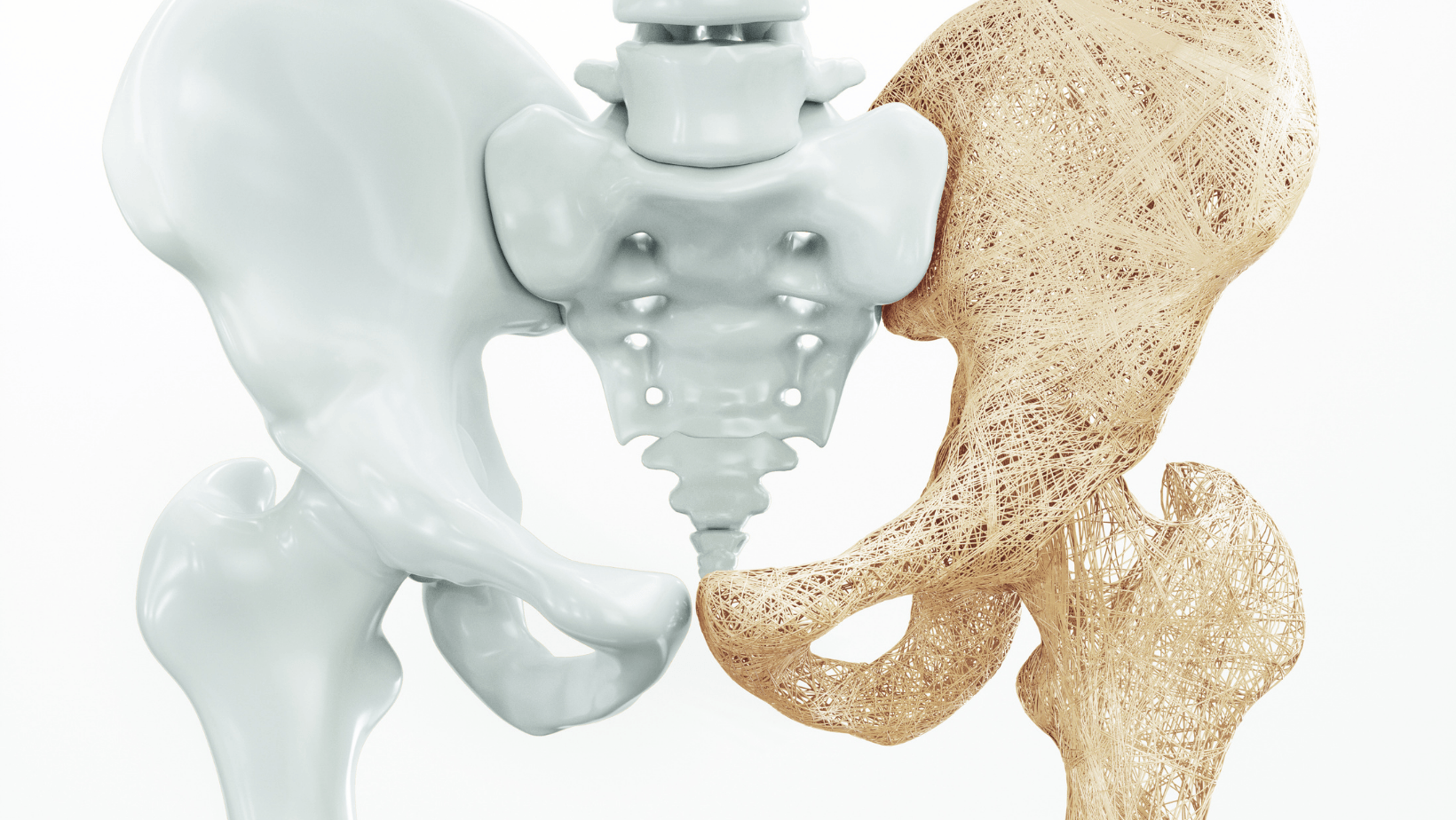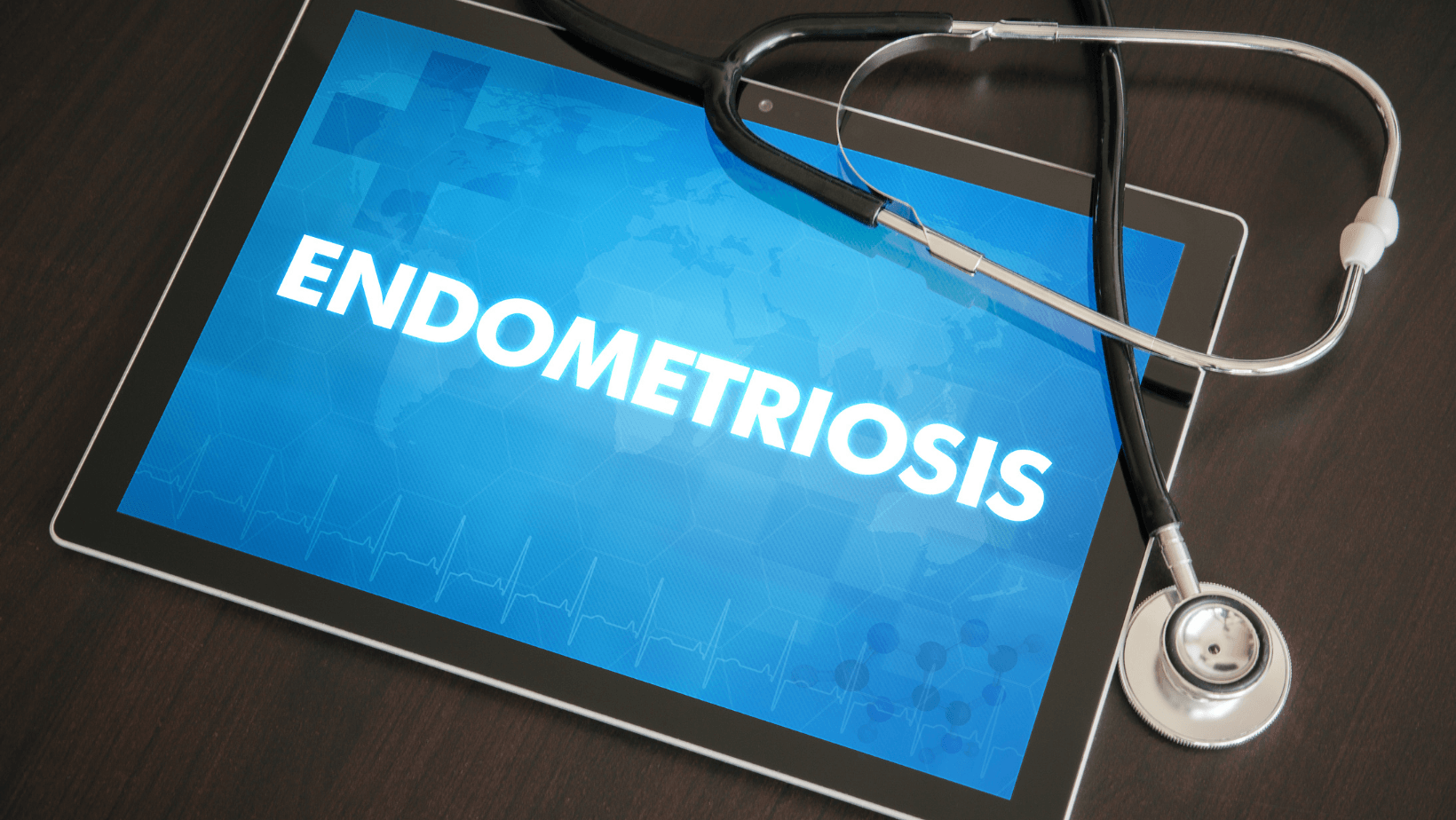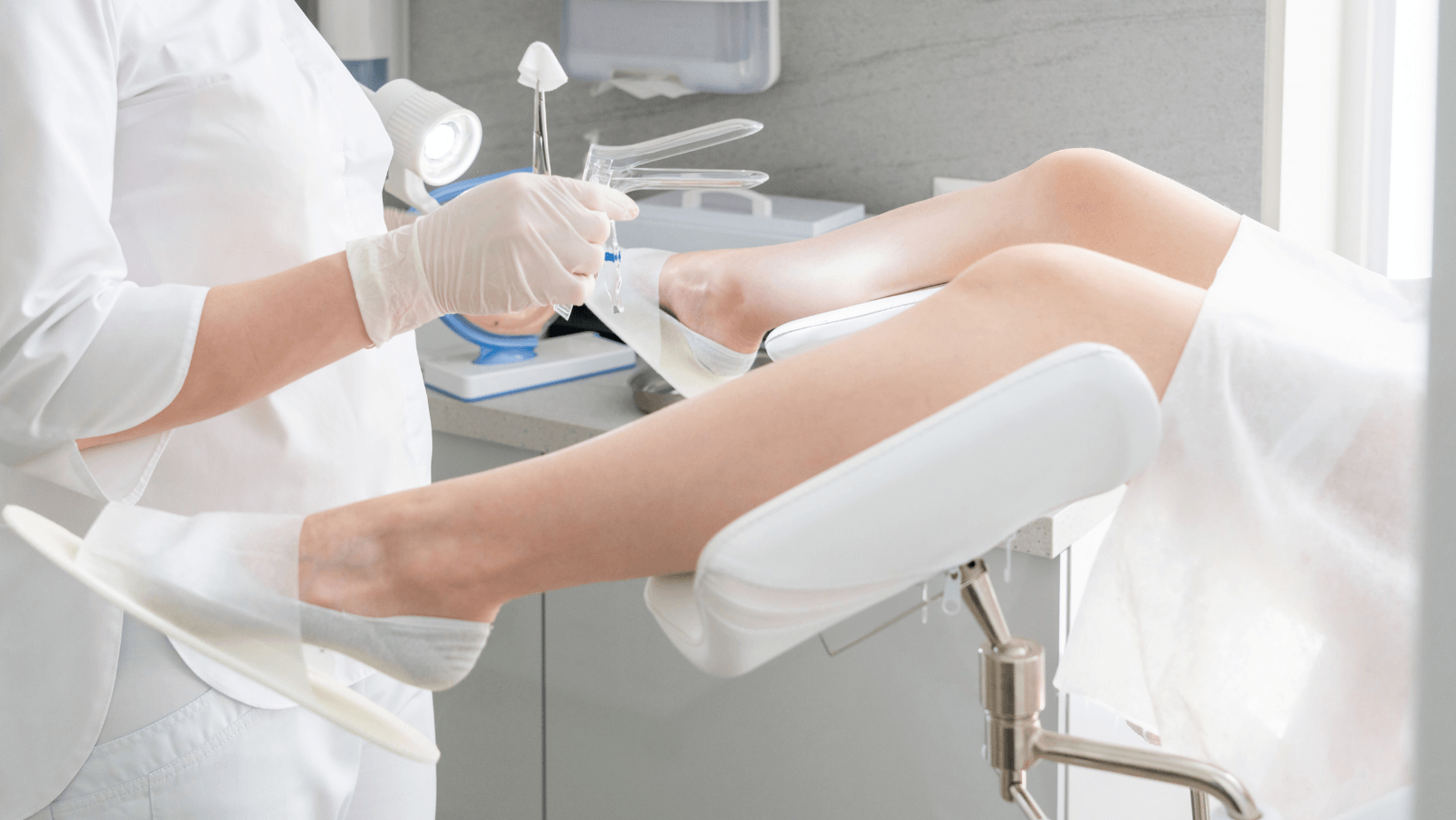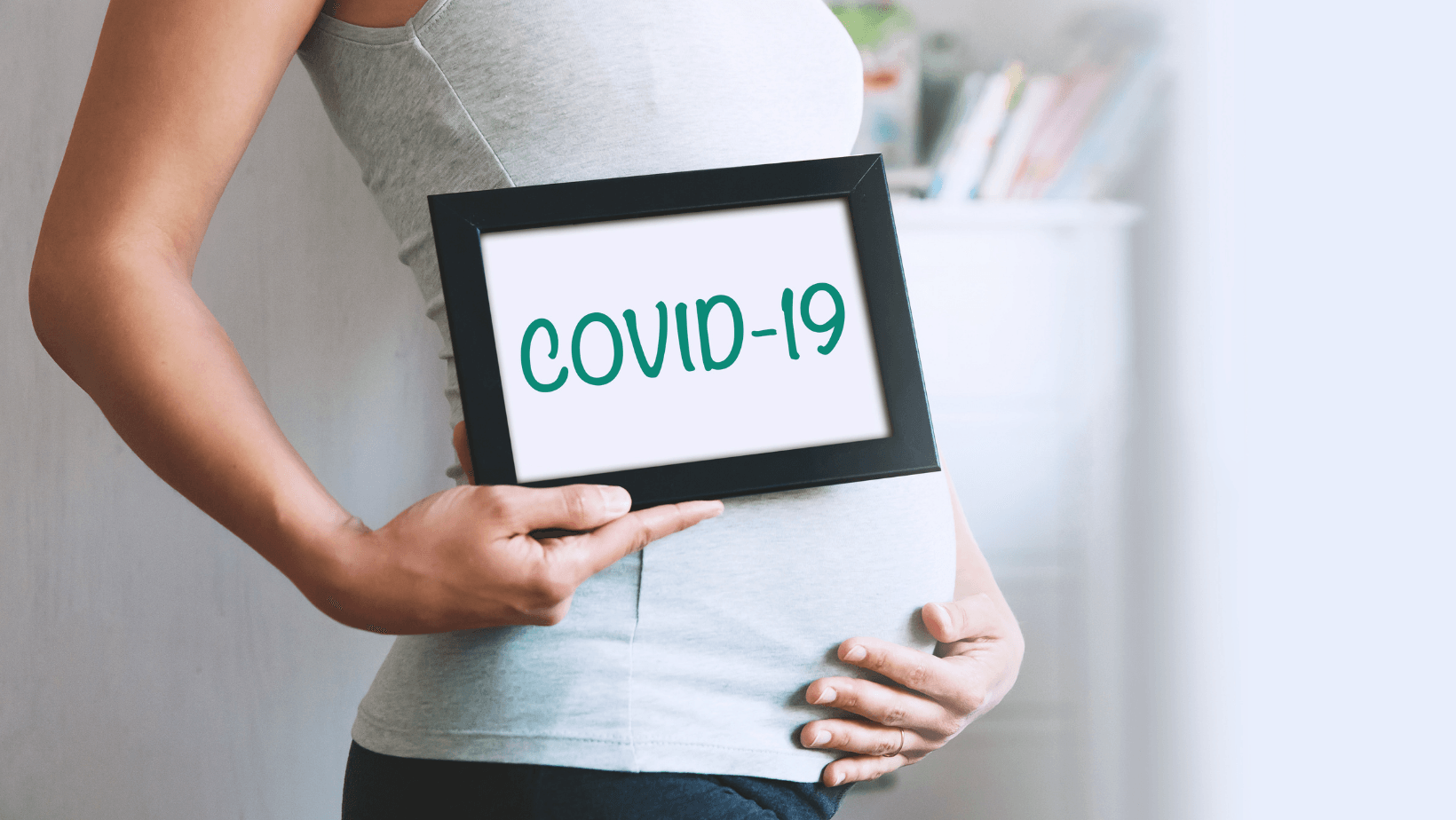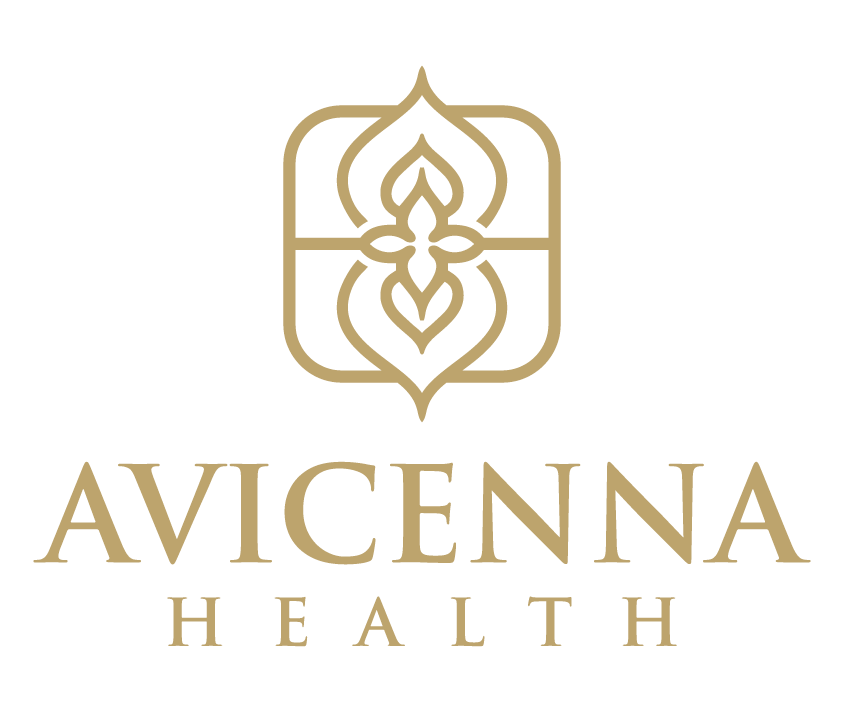Migraine Headaches - Symptoms and Causes - Avicenna Health

How can you care for yourself at home?
- Do not drive if you have taken a prescription pain medicine.
- Rest in a quiet, dark room until your headache is gone. Close your eyes, and try to relax or go to sleep. Don't watch TV or read.
- Put a cold, moist cloth or cold pack on the painful area for 10 to 20 minutes at a time. Put a thin cloth between the cold pack and your skin.
- Use a warm, moist towel or a heating pad set on low to relax tight shoulder and neck muscles.
- Have someone gently massage your neck and shoulders.
- Take your medicines exactly as prescribed. Don't take medicine for headache pain too often. Talk to your doctor if you are taking medicine more than 2 days a week to stop a headache. Taking too much pain medicine can lead to more headaches. These are called medicine-overuse headaches.
- Your doctor may prescribe a medicine that you take only when you get a migraine. Take it at the first sign of a migraine, unless your doctor has given you other instructions.
To prevent migraines
- Keep a headache diary so you can figure out what triggers your headaches. Avoiding triggers may help you prevent headaches. Record when each headache began, how long it lasted, and what the pain was like. Write down any other symptoms you had with the headache, such as nausea, flashing lights or dark spots, or sensitivity to bright light or loud noise. Note if the headache occurred near your period. Triggers may include certain foods (chocolate, cheese, wine) or odors, smoke, bright light, stress, or lack of sleep
- Your doctor may prescribe a medicine that you take regularly to help prevent migraines. Take it exactly as prescribed.
- Migraines are most common during or right after stressful times. Try finding healthy ways to deal with stress like practicing mindfulness or deep breathing exercises.
- Get plenty of sleep and exercise. But be careful to not push yourself too hard during exercise. It may trigger a headache.
- Eat meals on a regular schedule. Avoid foods and drinks that often trigger migraines. These include chocolate, alcohol (especially red wine and port), aspartame, monosodium glutamate (MSG), and some additives found in foods (such as hot dogs, bacon, cold cuts, aged cheeses, and pickled foods).
- Limit caffeine. Don't drink too much coffee, tea, or soda. But don't quit caffeine suddenly. That can also give you migraines.
- If you are taking birth control pills or hormone therapy, talk to your doctor about whether they are triggering your migraines.
- Do not smoke or allow others to smoke around you.
When should you call for help?
- Call 911 anytime you think you may need emergency care. For example, call if:
- You have signs of a stroke. These may include:
- Sudden numbness, paralysis, or weakness in your face, arm, or leg, especially on only one side of your body.
- Sudden vision changes.
- Sudden trouble speaking.
- Sudden confusion or trouble understanding simple statements.
- Sudden problems with walking or balance.
- A sudden, severe headache that is different from past headaches.

